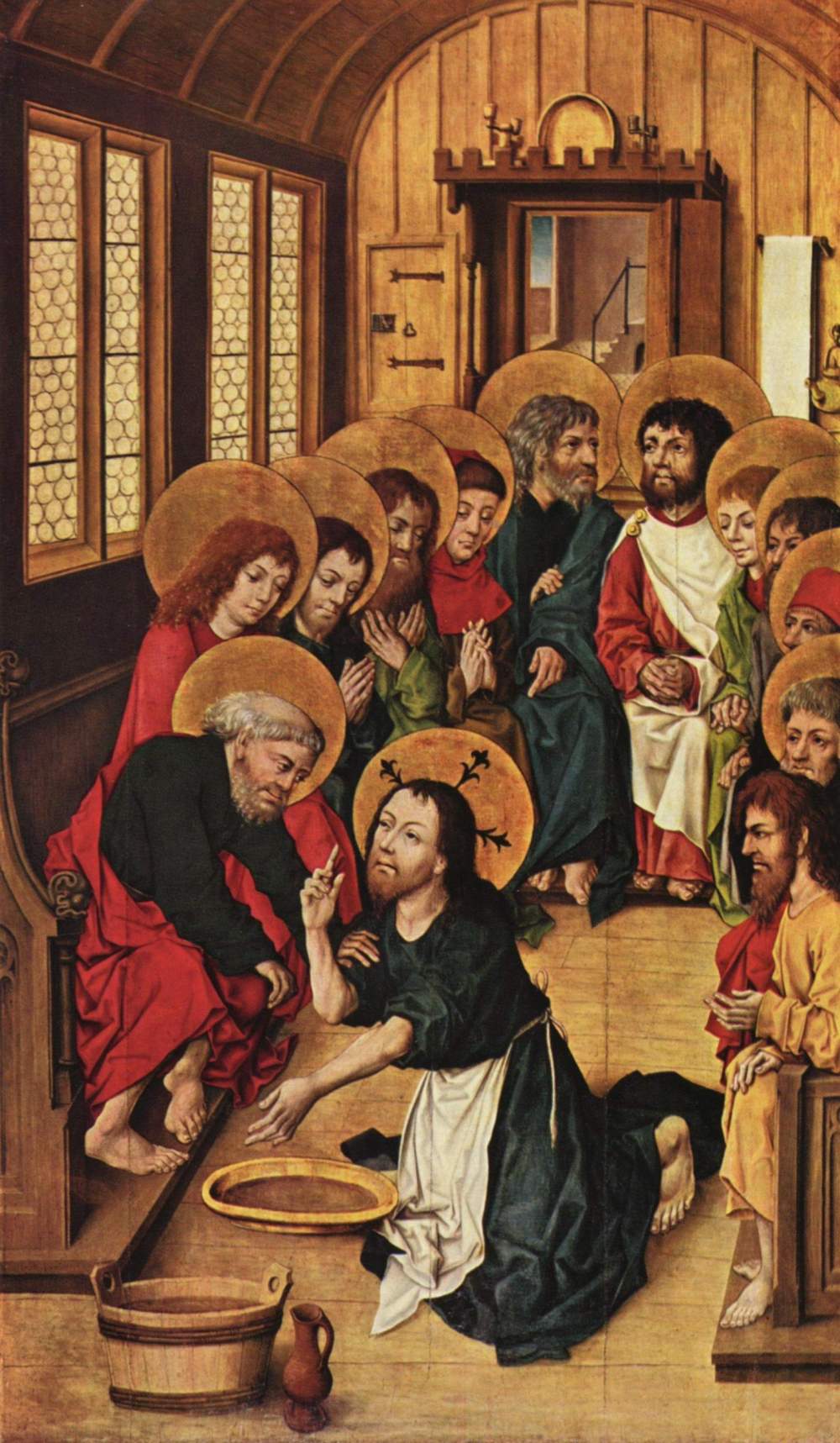
A Post About A Book About Sanctification
“To be sanctified is to have your faith simplified, clarified, and deepened.” Writes David Powlison, author of How Does Sanctification Work. “You know God. You love God. How other people are doing matters increasingly to you. Becoming more holy means, [among other things], that you are becoming a wiser human being.”
He goes on: “You are learning how to deal with your money, your sexuality, your job. You are becoming a better friend and family member. When you talk, your words communicate more good sense, more gravitas, more joy, more reality.”
“You are learning to pray honestly, bring who God really is into the reality of human need. It means you live in more clear-minded hope.” And finally, “You know the purpose of your life, roll up your sleeves, and get about doing what needs doing. You are honestly thankful for good things. You honestly face disappointment and pain, illness and dying.”
According to Powlison, Sanctification does not simply boil down to vaguely thinking about one’s Justification. Although the scriptures say “remember your Justification,” it does not mean that each time I sin, my responsibility is simply to remind myself that I am fully, freely, and forever forgiven because of the work of Christ on the cross.
And it does not simply mean that we try super-hard to be super-good outside of the power of the Holy Spirit. According to Powlison, our whole salvation was purchased by Christ, for Christ, and is accomplished through Christ, including our Sanctification. As we “remember [our] Justification,” we submit to the Spirit whom Christ sent, and the Spirit conforms us, over the course of a lifetime, to the likeness of the Christ whose righteousness is already imputed onto us.
There is absolutely no version of Sanctification that happens outside of relationship with other people. Powlison lists ‘accountability relationships’ as an indispensable resource that the Spirit uses to hammer us into the likeness of Christ. Sanctification involves using all of the ‘tools’ that He has given us. Powlison writes that we are given a ‘truckload’ of tools, and none of them are end-all-be-all; neither accountability nor ‘spiritual warfare’ nor ‘rooting our identity in Christ’ are individually efficacious to root out our sin nature. God has bestowed us with a ‘truckload’, and we submit to His work by using all of them.
There’s no ‘formula’ for Sanctification whereby we follow seven simple steps and come out the other side as a new creation. The process is always scattered, unfolding at a rickety pace, in fits and starts, as we stumble and grasp at straws before submitting again to the Spirit whose work isn’t scattershot and rickety. The essence of Sanctification, he says, is submission to the Spirit – we “remember our Justification” when we allow our Justification to bear its fruit; because we are Justified in Christ, the Spirit comes to us to Sanctify us, completing the work of the cross.
The call to Sanctification and the call to live on mission are essentially the same thing, Powlison writes. God does not simply Sanctify us because it pleases Him for us to reflect the perfect righteousness of His Son (although this is one reason), but because it pleases Him for His elect to draw others into the fold by embodying a righteousness that proves contagious, that gets others God-sick. Our Sanctification, which others see as they know us through the years, is one means by which God seeks out the lost. Sanctified people are de facto missionaries because they are being sanctified, publicly, and it causes people to want to know the God who does the Sanctifying.
Sanctification takes place chiefly in the context of discipleship: you are sanctified as you are discipled, and you are sanctified as you disciple. If we are not being discipled by other believers who are being Sanctified, then we are likely not growing in grace, and we are likely not being “transformed, from one degree of glory to another, into the image of Christ”. And, if we are not discipling others, Christian and non-Christian, then we are probably not being changed by grace. Sanctification is for sinful people, and our ongoing struggles with sin do not derail our Sanctification. But sluggardliness can.
If we are hiding from community and accountability, we are probably hiding from God, even if we think we aren’t. We are conformed together, the passage from Ephesians says, into His image, and we need each other.
Knowing that there is no formula by which Sanctification plays out challenges us to seek out every opportunity to submit to the Spirit’s work in us. This means that every opportunity to share the gospel with someone – say, a homeless person that you have an opportunity to buy lunch for – is to be used for the kingdom. It is not simply a good thing to do, it’s part of the Spirit-wrought process whereby we grow into our identity in Christ.
To paraphrase Powlison, Sanctification is what happens as the Spirit works out the life of Jesus in our own lives. Even if we have jobs and homes and pets, we are, in essence, itinerant evangelists who insert ourselves into the life of our communities as witnesses to the gospel of grace.
“Ministry ‘unbalances’ truth for the sake of relevance; theology ‘rebalances’ truth for the sake of comprehensiveness,” Writes Powlison. “Put another way, because you can only say one thing at a time, a timely word must be a selective word focusing on the need of the moment. And this selective focus produces a kind of imbalance.”
He concludes: “But stepping back from the need of the moment, many things can be said, and this larger theological picture helps us maintain balance.” So it goes with Sanctification.
*
How Does Sanctification Work can be purchased on Amazon and probably other places, too.

